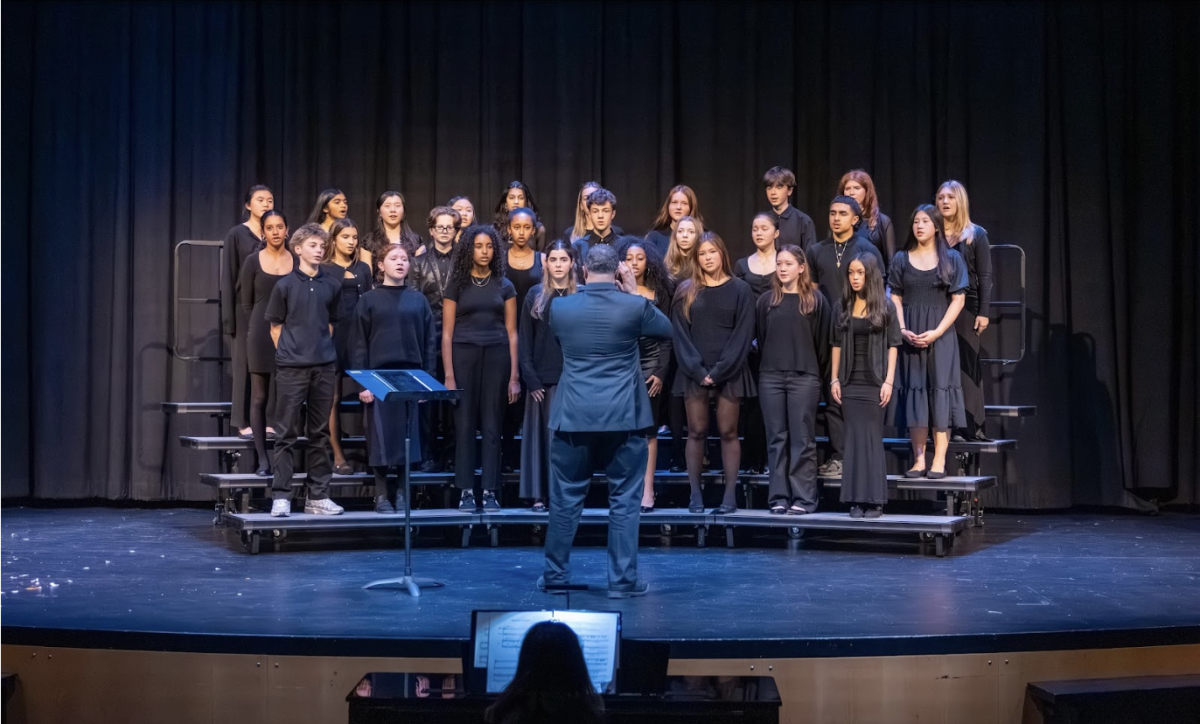Sara Kloepfer
A & E Editor
What happens when the two biggest competitors in the concert industry suddenly join teams? Concertgoers are about to find out.
Concert promoter Live Nation and ticketing giant Ticketmaster have finally merged after a year of negotiating. Approved by the U.S. Department of Justice (DOJ) in January, the controversial merger will supposedly give the new Live Nation Entertainment the power to make a higher profit from ticketing resale and ultimately reduce ticket prices and service fees.
This promise, of course, comes with strings attached. Before approving the merger, the DOJ requested a number of major concessions of the new powerhouse in order to avoid an unfair monopoly on ticket sales. To ensure a competitive market, Ticketmaster was forced to license its ticketing software to rival AEG Live. The combined company also agreed not to retaliate against any concert venue that leaves to use a rival ticketing outlet.
Although these antitrust measures are intended to maintain competition, the small entrepreneurs of the concert industry will hardly be able to measure up to the Goliath influence of Live Nation Entertainment. Ticketmaster holds exclusive ticketing deals with most major United States arenas and sells over 140 million tickets a year, while Live Nation owns and operates most top venues and amphitheatres.
Live Nation Entertainment contends that the merger will only spark incentives for competitors to innovate and discount, ultimately benefiting the fans. It’s hard to believe that this “healthy competition” will be any different than Starbucks pretending that mom and pop stores stand a chance.
In regards to lowering ticket prices, the new conglomerate only promises success in vague terms. Michael Rapino, CEO of Live Nation, was quoted in a press release saying, “Together, we will work to simplify the ticketing process and ultimately increase attendance at live events. This is also a logical step in the evolution of our business model, creating a more diversified company with a stronger financial profile that will drive improved shareholder value over the long term.” Translation — the behemoth will continue to grow.
Whether it is at the expense or benefit of the common concertgoer remains to be seen. The merger would allow some major acts to have their merchandising, ticketing and management under the control of the same company that owns the venues they perform in, a first for the music industry. This means seeing your favorite Top 40 stars would be easier and possibly cheaper. Not so for bands from smaller labels. The movement to “go local” will gain force as independent venues and acts fight to stay afloat amidst corporate takeover.
On the other hand, if you take their promises at face value, Live Nation Entertainment is promising us, the fans, exactly what we have been demanding — more music for less money. If they renege on these promises, then we have the right to question their motives and complain. Until then we must wait, watch and listen.








